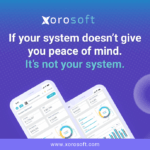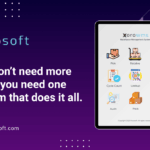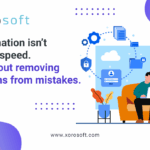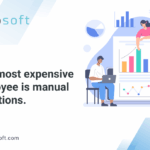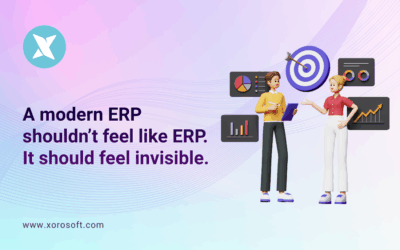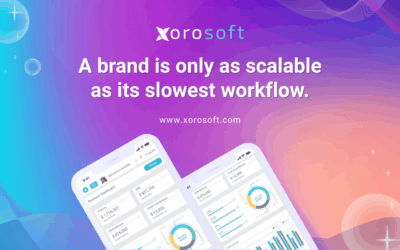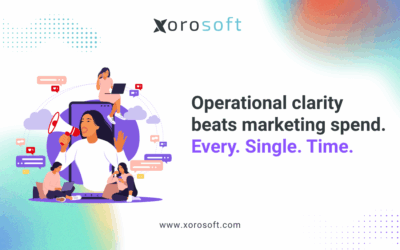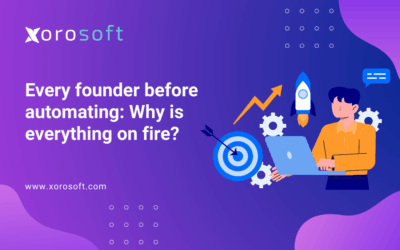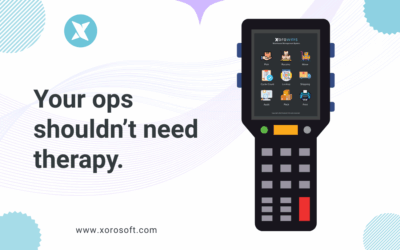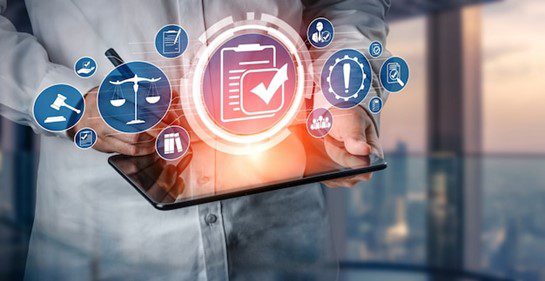
Understanding ERP systems and CRM features
In today’s competitive business landscape, maintaining strong and long-lasting customer relationships is essential for success. To achieve this, businesses need robust tools that can effectively manage customer interactions and data. This is where Enterprise Resource Planning (ERP) systems come into play. ERP systems are comprehensive software solutions that integrate various business processes, including customer relationship management (CRM) features. Understanding how ERP systems and CRM features work together is crucial for maximizing customer relationships.
ERP systems are designed to streamline and automate business operations. They provide a centralized platform that consolidates data from different departments, such as sales, marketing, and customer service. By having a unified view of customer information, businesses can gain valuable insights into customer preferences, buying behaviors, and service history. CRM features within ERP systems enable companies to track customer interactions, manage leads, and provide personalized experiences. This integration of ERP and CRM empowers businesses to build stronger relationships with their customers and enhance overall customer satisfaction.
The importance of effective customer relationship management
Effective customer relationship management is the key to success in today’s customer-centric marketplace. By understanding customers’ needs and preferences, businesses can tailor their products, services, and marketing strategies accordingly. This not only helps in acquiring new customers but also in retaining existing ones. Studies have shown that acquiring a new customer can cost up to five times more than retaining an existing one. Therefore, investing in CRM is not only beneficial for building strong customer relationships but also for improving the bottom line.
CRM systems enable businesses to track and analyze customer interactions across various touchpoints, such as phone calls, emails, social media, and in-person interactions. This data provides valuable insights into customer behavior patterns, allowing businesses to anticipate their needs and personalize their offerings. Effective CRM also enhances customer service by enabling efficient issue resolution and proactive communication. By promptly addressing customer concerns and providing personalized support, businesses can foster trust and loyalty, leading to long-term customer relationships.
How ERP systems enhance customer relationship management
ERP systems play a crucial role in enhancing customer relationship management. By integrating CRM features within the ERP platform, businesses can leverage the power of a unified system to streamline and automate their customer-centric processes. Here are some ways in which ERP systems enhance CRM:
Exploring Xorosoft ERP and its CRM capabilities
Xorosoft ERP is a leading ERP solution that offers robust CRM capabilities. With its comprehensive suite of modules, Xorosoft ERP provides businesses with a centralized platform to manage their customer relationships effectively. The CRM module within Xorosoft ERP enables businesses to track customer interactions, manage sales leads, and analyze customer data. With real-time access to customer information, businesses can provide personalized experiences and targeted marketing campaigns.
Leveraging ERP-driven CRM features for improved customer relationships
ERP-driven CRM features enable businesses to improve customer relationships by providing a seamless and personalized experience. By integrating customer data from various departments, businesses can gain a holistic view of their customers and deliver personalized interactions. For example, sales teams can access customer purchase history and preferences to offer tailored product recommendations. Customer service teams can quickly resolve issues by accessing customer communication history. By leveraging ERP-driven CRM features, businesses can enhance customer satisfaction and build long-term loyalty.
Streamlining inventory management with ERP systems
Effective inventory management is crucial for delivering exceptional customer service. ERP systems offer robust inventory management capabilities, enabling businesses to optimize stock levels, track inventory movement, and streamline order fulfillment processes. By integrating inventory data with CRM features, businesses can efficiently manage customer orders, track shipment status, and provide accurate delivery estimates. This ensures timely order fulfillment, reduces stockouts, and enhances customer satisfaction.
Enhancing accounting processes with ERP solutions
Accurate and efficient accounting processes are essential for business success. ERP solutions offer integrated accounting modules that automate financial transactions, streamline invoicing, and provide real-time financial insights. By integrating accounting data with CRM features, businesses can gain a comprehensive view of customer financials, track outstanding payments, and offer personalized payment terms. This not only improves financial transparency but also strengthens customer relationships by providing seamless billing experiences.
Maximizing customer satisfaction with Xorosoft ERP
Xorosoft ERP offers a range of features and functionalities that can maximize customer satisfaction. From personalized product recommendations to proactive issue resolution, Xorosoft ERP empowers businesses to deliver exceptional customer experiences. With its robust CRM capabilities, Xorosoft ERP enables businesses to understand customer preferences, anticipate their needs, and provide personalized interactions at every touchpoint. By leveraging Xorosoft ERP, businesses can build strong and loyal customer relationships, leading to increased customer satisfaction and business growth.
The benefits of integrating ERP and CRM systems
Integrating ERP and CRM systems offers numerous benefits for businesses. Here are some key advantages:
- Streamlined operations: By integrating ERP and CRM systems, businesses can streamline their operations, reduce manual efforts, and eliminate data silos. This leads to improved efficiency, reduced errors, and increased productivity.
- 360-degree view of customers: Integrating ERP and CRM systems provides a comprehensive view of customer data, enabling businesses to understand their customers’ needs, preferences, and behaviors. This helps in delivering personalized experiences and targeted marketing campaigns.
- Improved collaboration: ERP and CRM integration facilitates seamless collaboration between different departments, such as sales, marketing, and customer service. This enables teams to access real-time customer information, share insights, and work together to deliver exceptional customer experiences.
- Data-driven decision-making: Integration of ERP and CRM systems provides businesses with valuable insights into customer behavior, sales trends, and market demands. This data-driven approach helps in making informed business decisions, optimizing marketing strategies, and improving overall customer satisfaction.
Conclusion: Unleashing the power of ERP systems in effective customer relationship management
Effective customer relationship management is crucial for businesses to thrive in today’s competitive marketplace. By leveraging ERP systems and their CRM capabilities, businesses can maximize customer relationships and enhance overall customer satisfaction. Xorosoft ERP is a leading ERP solution that offers robust CRM features, enabling businesses to streamline operations, personalize customer interactions, and optimize business processes. By integrating ERP and CRM systems, businesses can gain a comprehensive view of their customers, improve collaboration, and make informed data-driven decisions. To experience the power of ERP-driven CRM features, book a demo with Xorosoft today.
